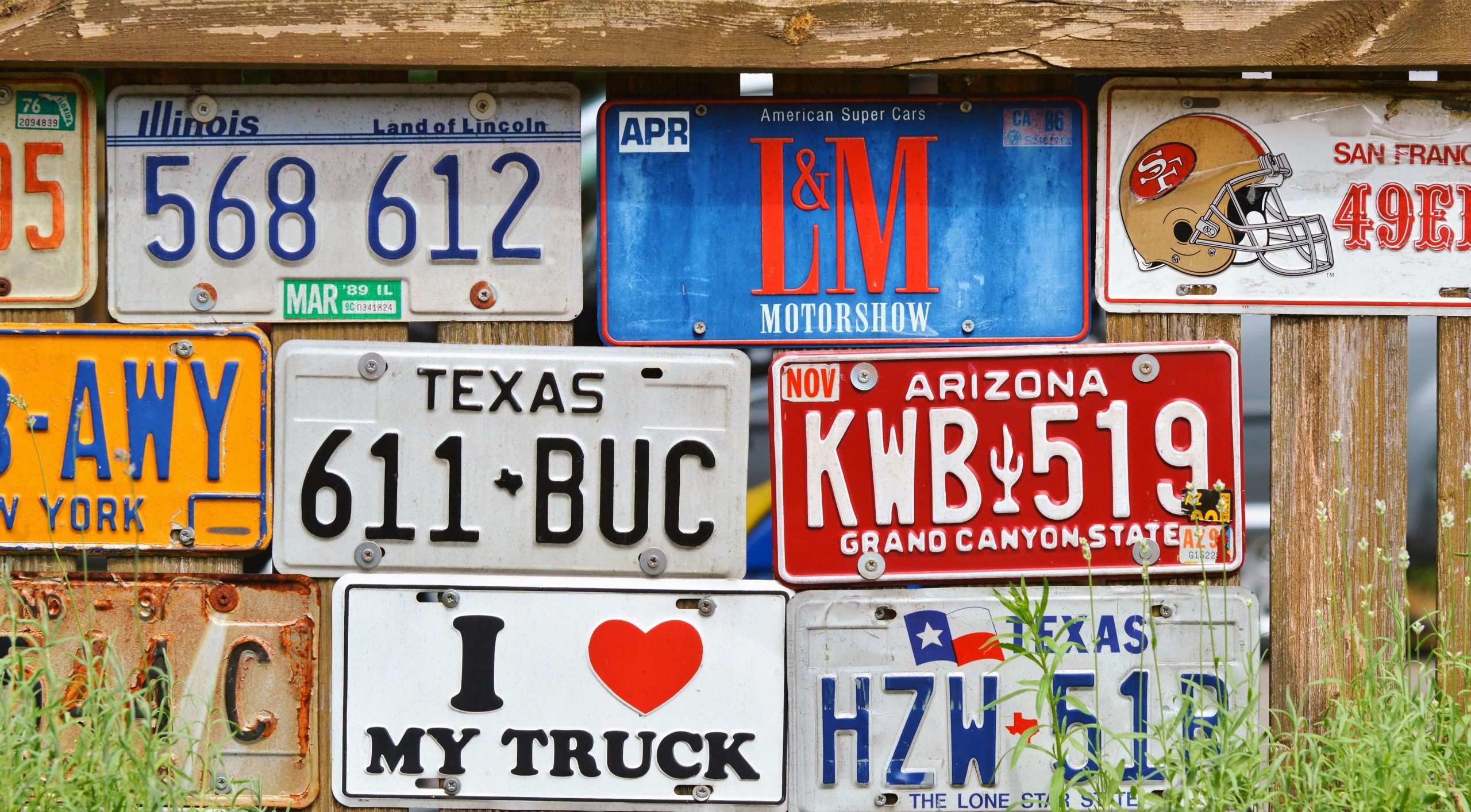Understanding and Navigating a Trucking Company Without Insurance: Next Steps After a Highway Accident
In the complex world of transportation liabilities, dealing with a trucking firm that appears to lack valid insurance coverage can be a daunting challenge. Recently, I encountered a situation where a small highway collision resulted from a truck driver’s improper merging, leading to significant vehicle damage estimated at approximately $11,000. Here’s a detailed account of the circumstances and the strategic considerations moving forward.
The Incident
While traveling on the highway, a truck merged negligent of double solid lines, colliding with my vehicle. The truck driver provided insurance details, which I documented with a photo. However, upon verification, the insurance provider indicated that the policy had been terminated two months before the accident date. Further investigation revealed that the trucking company’s only active insurance listed on the Department of Transportation (DOT) database was with Geico Marine — a policy that is typically not intended for commercial trucking operations.
The Trucking Company’s Response
Contacted the trucking company’s manager for clarification; however, they are unresponsive and avoiding follow-up calls. Interestingly, three days post-collision, the company filed their MCS-150 form with the Federal Motor Carrier Safety Administration (FMCSA), which is a requirement for commercial carriers. The timing of this filing raises questions about the company’s insurance and operational compliance.
Legal and Insurance Considerations
Given the company’s apparent lack of valid insurance, several critical questions arise:
-
Are they attempting to delay or avoid financial responsibility, perhaps hoping the incident will be forgotten over time?
-
Should you consider legal action immediately, such as hiring an attorney or sending a certified demand letter for compensation?
-
Is filing a lawsuit the most effective approach right now?
My Relative’s Coverage and Its Implications
The at-fault driver’s vehicle is covered fully under their personal insurance policy. However, at the time of the accident, they were driving for Uber, which complicates the claim process. The driver has not disclosed this Uber driving to their insurance provider, and I am uncertain whether Uber’s insurance policy would be applicable or if it might be excluded from coverage due to the incidental business use.
Concerns About Additional Insurance Coverage
There is also suspicion that the trucking company might have alternative or undisclosed insurance policies not reflected publicly. Given the opacity, I wonder whether I should keep attempting to contact the company directly or instead proceed with claims through my own insurance provider. However, I am wary that making a claim could risk my policy being canceled



